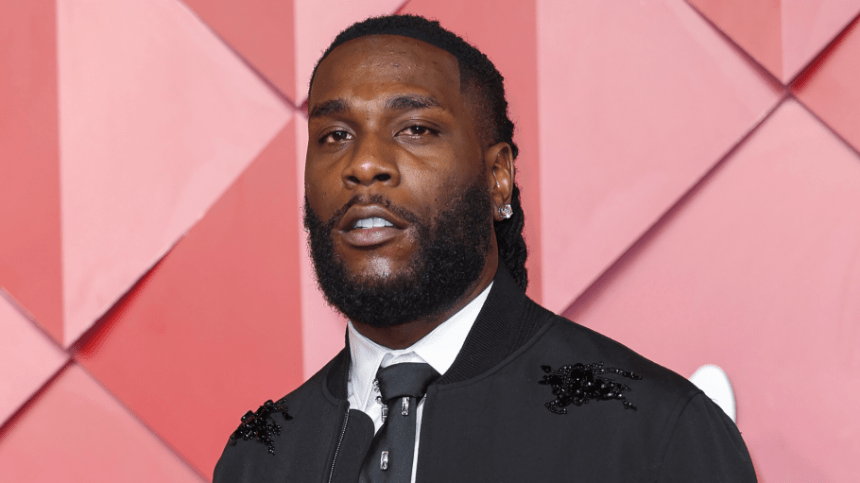When Patrick Doyle stated that the recognition singer Burna Boy has continued to enjoy is undeserved, some fans of the Grammy Award winner in Nigeria would have none of it, calling the veteran actor and broadcaster names.
But Vulture, a prominent entertainment website and standalone pop culture section of New York magazine, has given a less-than-charitable critique of the singer’s latest album, I Told Them.
Released on August 25 through Atlantic, Spaceship Records, and Bad Habit, Burna Boy’s seventh studio album features an array of international music stars, including 21 Savage, Dave, Seyi Vibez, J. Cole, GZA and RZA of the Wu-Tang Clan, and Byron Messia.
Vulture said that the “Nigerian superstar’s new album was supposed to be a victory lap. But he comes across as bitter and paranoid”, adding that he sounds “creatively exhausted”.
“The 32-year-old’s stylistic presentation — and convincing interpretation of hip-hop and dancehall — has gained him more credibility and commerciality in America than his Naija contemporaries, Davido and Wizkid. His semblance of familiarity, along with the specificity he used to detail his Nigerian upbringing, also added new layers to the global Black experience for Black Americans to peel back. It’s a formula that’s helped Burna construct a global empire.
“But with the arrival of his new album, I Told Them …, Burna’s self-image may be finally getting in the way of his artistic growth,” the website said in an album review published on Thursday, August 31.
According to Vulture, Burna Boy has made it clear through interviews that working with popular international stars wasn’t a cheap attempt to cross over; rather, it was a tactic to redirect displaced children of Africa back to their homeland with the goal of forging transatlantic and intracontinental connections through art.
“Then, in an interview with Zane Lowe about making the new record, Burna spoke of frustrations with his Nigerian audience, explaining that people outside of his home country seem to know him best: “Most of Nigerian music — Afrobeats, that’s what people like to call it — is mostly about nothing. Literally nothing. There’s no substance to it. Nobody’s talking about anything. It’s just a great time.”
“In both instances, the frailty of Burna Boy’s attempt at prophetism came into focus. In posturing his music to be within the tradition of Pan-Africanism — all while holding position as Nigeria’s most prominent international recording artist today — Burna is making a habit of speaking as an ill-informed authority without embracing the accountability of a sound leader.”
It added, “This further plays out on I Told Them … Thematically, it aspires to be a validation of Burna’s journey thus far. But the execution is rickety, and he ends up finger-wagging at people who didn’t believe he’d be the West African torchbearer he is now.”
Highlighting the artist’s disdain for his doubters as expressed or implied in some of his notable tracks, Vulture said, “At times, it feels like I Told Them … is trying to convey some sort of battle Burna is enduring, while an outside voice offers motivation or assurance. At others, it’s just the good time he reduced his musical contemporaries in Nigeria to in the interview with Lowe. Resentment and disconcertion are palpable in spurts.”
“Considering his output over the past five years (I Told Them … is his fifth album since 2018) and relentless touring schedule, it feels like Burna Boy is entering a period of creative exhaustion. Record-breaking concerts and global name recognition abound, while an already stamped legacy affords him the ability to gleefully reflect on his place within the culture. But those accolades also present the risk of exceptionalist thought.
“Why else would a person whose whole thing is being a diasporic connector and a beacon of hope to his homeland make disparaging remarks about his peers on one of music’s biggest digital stages in order to emphasize his significance?” Vulture asked.
It concluded that, “In what is meant to feel like a victory lap, we’re left with something of the Drake variety: bitterness, paranoia, and a heightened self-consciousness stemming from the success he pushed for and the responsibility as a “chosen leader” he placed on his own shoulders. All because people aren’t in a constant state of genuflection.”

